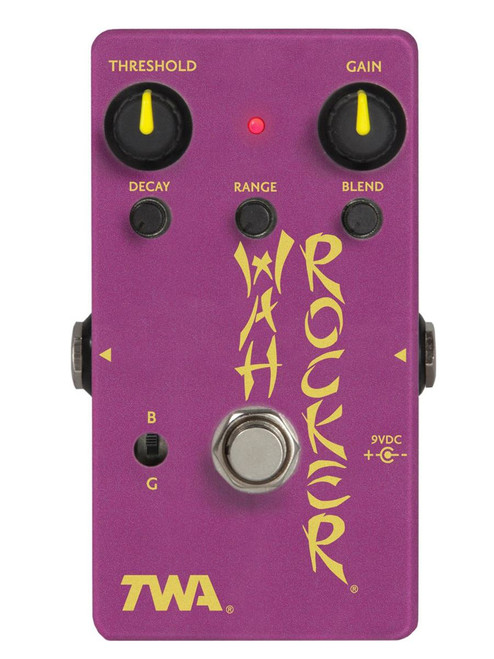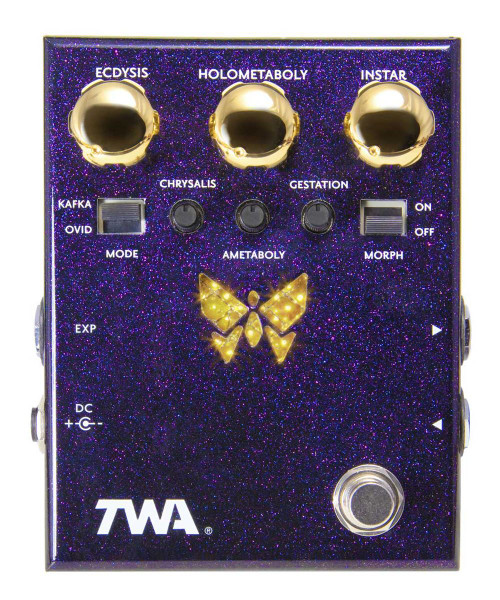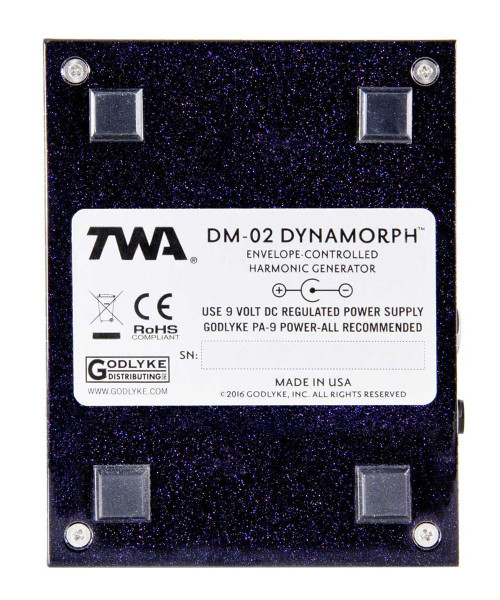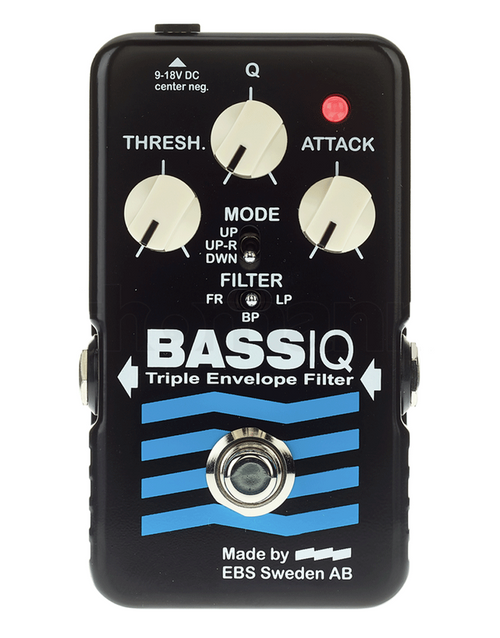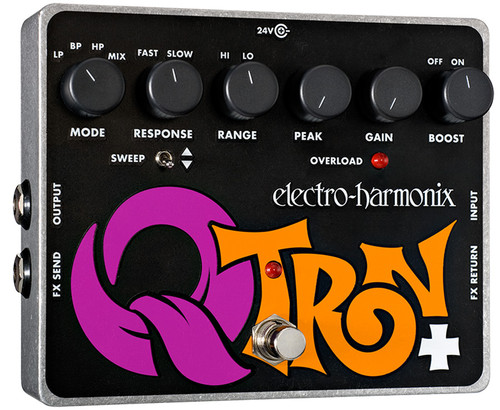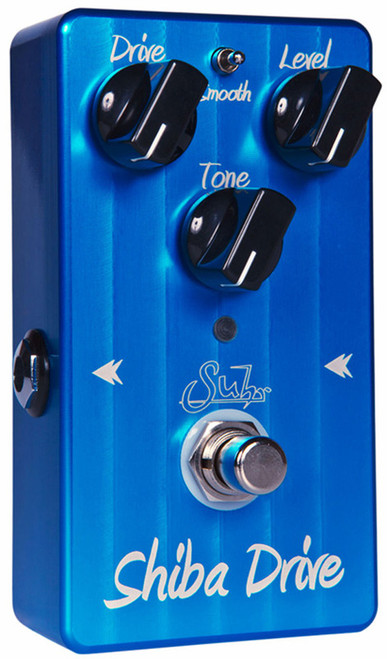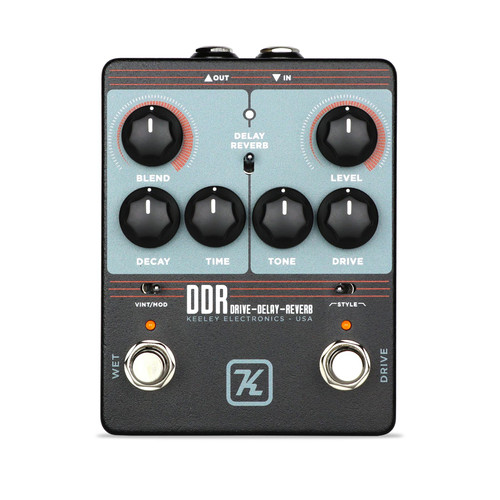Product Description
The TWA MM-01 MiniMorph Envelope Filter Envelope Drive pedal
The larval offspring of our mind-melting DynaMorph®, the MM-01 MiniMorph™ features an envelope-dependent drive circuit where the amount and type of saturation is intricately & inextricably linked to the input signal level. Multi-layered, highly complex waveforms meet & morph to create sizzling, splatter-full effects bordering on the bizarre.
We took the original DynaMorph® circuit & stripped out the envelope-controlled level section to create a pint-sized powerhouse that’s simple to use yet can still conjure cascades of cacophonous creativity.
Depending on control settings and playing technique, the MiniMorph™ can expel an almost unlimited variety of filthy, flittering filter effects that will add depth and dimension to your notes. Tight chirps, greasy gurgles, & long, yawning sweeps are all available by simply varying your picking attack.
A light touch with low Drive settings can yield sagging, fuzzy burps that reside somewhere between a “starved voltage” fuzz and a dirty Moog filter.
Increased Drive settings create higher order harmonics that subsequently drop in pitch as the note decays (think swept resonant filter). Playing double stops and chords will generate bizarre intermodulation effects that border on ring modulation but with less dissonance.
Turning up the Gain makes the Drive hit harder (a lot harder), resulting in extreme compression and more complex, thick harmonics with massive sustain.
Digging in hard with higher Drive & Gain settings will bury your notes under a torrent of waveforms battling for evolutional supremacy – the victor finally blossoming into a screaming, searing siren-song.
If things are getting too out of control, a Dry Blend control allows you to add in some clean signal to bring back low-end note definition and articulation.
All of these tonal transformations can be further adjusted via the side-accessed Mode switch that selects between two different overall EQ settings for the MM.
Finally, a master Level control determines overall output of the pedal.
TECH TALK -
At the heart of the MM-01 MiniMorph™ circuit is a string of full-wave rectifiers. In front of this diode array sit two high-gain preamps set in series – the output levels of these pre’s are controlled by the Drive and Gain controls accordingly.
As the diodes are hit with increasing signal level from the preamps, they bias either positive or negative, or not at all. The resultant waveform is a combination of many, including sine, triangle, square, and interactions of all of these. The more level that the diodes are hit with, the more non-linear and wackier (technical term) things will get.
This primordial harmonic soup is then passed along to an op-amp that sums it all. However, since these distortion events are non-linear in nature, there is also subtraction, which yields further tonal filtering and changes to the waveform output.
The MiniMorph™ features TWA’s® proprietary S3™ “Shortest Send Switching™” - a form of relay-based True Bypass switching that provides the most transparent bypass sound available. S3™ switching also automatically reverts the pedal to bypass mode if power is lost – an essential failsafe for live gigs.
CONTROL DESCRIPTIONS –
DRIVE – Controls the amount of signal level going into the circuit’s diode array. More drive yields more apparent change to the distortion’s EQ components; effectively “morphing” the tone. Turn clockwise for more dramatic effects.
MORPH (Effect Level) – Controls the output level of the distortion effect. Turn clockwise for more output level (volume).
GAIN – Controls the output level of a high-gain preamp that sits before the rectifier array in the circuit. Gain makes the Drive control hit the rectifiers harder - a lot harder. When this occurs, more complex, thick harmonics with compression and increased sustain are some of the results. Turn Gain clockwise for more gain/distortion/filtering/morphing effect.
DRY – Controls output level of Dry signal. Turn CW for more Dry signal (volume).
MODE – Accessed via a hole on the left side of the chassis, this switch selects between two different overall EQ curves for the effect. One is fuller-sounding, while the other has more emphasis in the high frequency range.
LEVEL – Controls overall output level of the pedal. Turn clockwise for more louder.




